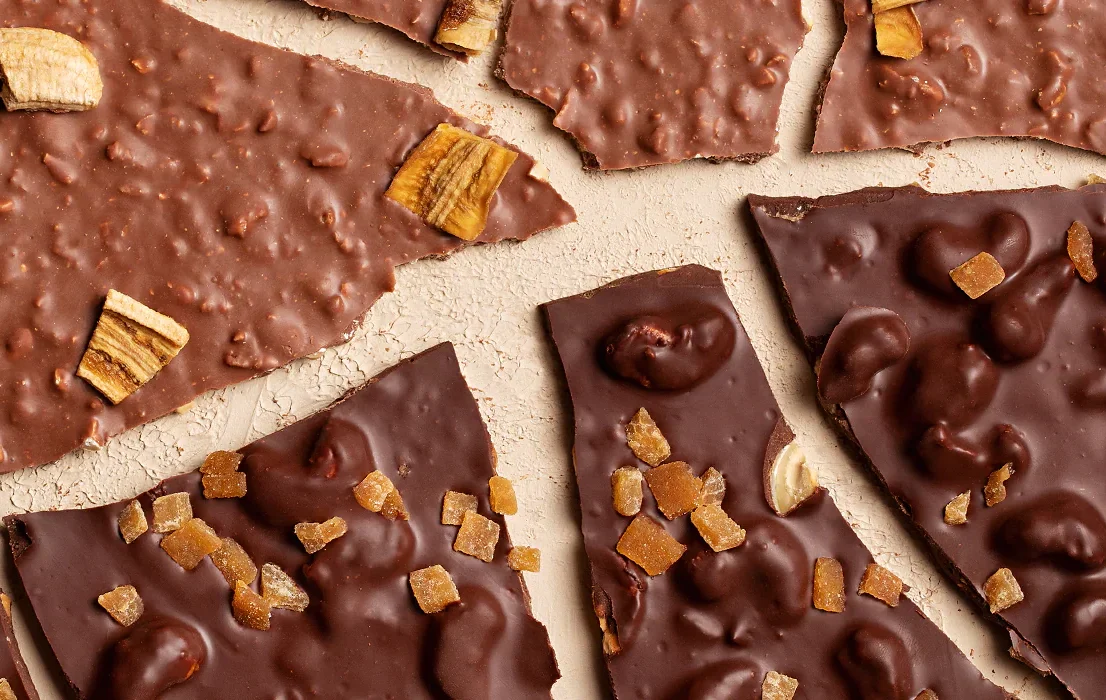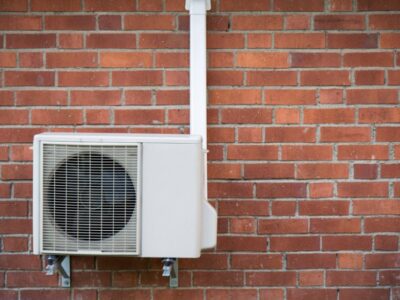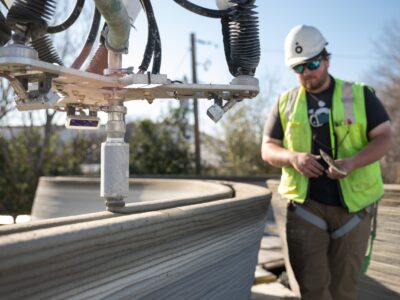(Bloomberg) —
Most people would look at the paradisiacal coast of Bahia in northeastern Brazil and think of beachy holidays and the place where F1 star driver Lewis Hamilton chose to celebrate New Year’s Eve 2023.
But one enterprising businessman looks at it and sees the opportunity to produce a game-changing chocolate.
Dengo, whose home base is that very scenic stretch of South Bahia near the resort region of Trancoso, is working to be the world’s best and most eco-friendly chocolate producer. The company makes confections like banana-cashew-laced chocolate bars in colorful, eye-catching wrappers that evoke Brazil’s rainforests. In the process, Dengo is working to cut waste, double the income of cocoa producers, and encourage organic cocoa and regenerative agriculture.
To produce its chocolate, Dengo buys cocoa at a premium ranging from 70% to 200% of the market price — the more sustainable the product, the higher the premium paid to more than 160 local and small producers in one of the poorest parts of the country.
The company started in 2017 in Sao Paulo; it now has 38 stores across Latin America’s largest cities, and two in Paris. And more are coming: Dengo, whose biggest investor is Guilherme Leal, founder of the Brazilian cosmetics business Natura & Co., is pouring around 100 million reais ($20.5 million) into the production of a new plant. The 11,000-square-meter (over 118,000-square-foot) facility is slated to open in the first quarter of 2025, and will expand Dengo’s production by 500%. (The company won’t confirm the amount of chocolate they produce.)
With its social and environmental impact credentials, including B Corp certification, the company sees opportunities to expand in the European market which has tough ESG rules in place, as well as in North America in the next couple years. The goal is at least 2 more stores in Paris and a presence in the US by 2026, Tulio Landin, Dengo’s chief executive officer, said in an interview.
He believes the quality of the chocolate should be as good as its ESG credentials. “If you ask me who is my competitor, looking to premium chocolate segment and for its price, I would say it’s Switzerland’s Lindt,” Landin said.
Dengo’s chocolate has a pronounced and pure cocoa flavor; it’s smooth and fruity without being too sweet. Bars are studded with local ingredients, including Amazon rainforest fruits like cupuacu, which has a sweet, papaya-like flavor and antioxidants like vitamin C as well as fiber and iron.
Another unconventional Dengo flavor is mango, lemon, and tapioca. These unusual ingredients help make the product stand out, adds Landin, who worked as a financial controller at JPMorgan Chase & Co. Still, Dengo’s best sellers worldwide are the banana and cashew bars.
The bars cost about $12 for 200 grams (about 7 ounces) in Brazil and 16 euros for the same product in France. An equal amount of Lindt chocolate would go for around $10.
With its new investment, Dengo plans to exponentially increase the number of registered producers to around 3,000, or about 1775%, said Landin.
The company’s expansion comes as Brazil’s appetite for chocolate is growing. Through the third quarter of 2023, the latest data available, the country consumed 597,000 tonnes of chocolate, a 10.5% increase for the same time period the year before. In the first three quarters of 2023, the country produced 615,000 tonnes of chocolate, according to the Brazilian Association of Chocolate, Peanut and Candy Industry, an increase of 10.6% from a year before.
The company is employing tools to track the sourcing of its cocoa, which follows a European Union guideline to protect rainforests through trade. According to Luiza Aguiar, an XP Inc. equity research analyst, the new EU rules will directly affect the Brazilian chocolate and cocoa market. “Companies will have to prove that they have nothing related to deforestation.”
Dengo is not profitable yet, but Landin believes the new plant will increase the company’s revenue by 600%. “We are very close to … break-even and our revenues increased more than 30% year over year in 2023,” he said.
Brazil is the world’s 6th largest cocoa producer. The majority of the country’s product comes from the scenic region in northeastern Brazil. Dengo’s initiative includes only a fraction of the country’s producers — there are 90,000 in total, and 69,000 are in Bahia, according to the National Association of the Cocoa Processing Industry (AIPC). But Dengo’s higher rate of pay and demands for ethically sourced cocoa is having an impact on the overall supply chain. “Dengo’s enterprise helps to encourage the fine cocoa development chain as a whole in Brazil,” said Leonardo Rossetti, a cocoa analyst at the financial services group StoneX.
Brazil’s cocoa chain is already linked to international ESG guidelines, said AIPC’s chief executive officer Anna Paula Losi in an interview. Brazil’s government plans to boost its cocoa output to 400,000 tonnes per year in 2030, from 220,000 tonnes in 2023.
Dengo, which has over 500 employees, also plans to reduce its use of plastics to zero from 7%, in part by changing its packaging, although it doesn’t have a firm timeline to do so. Among the company’s other ESG initiatives, Dengo signed a partnership with Banco Bradesco SA, Brazil’s second largest private bank. Last November, a team from Bradesco traveled to Bahia to give cocoa producers a primer on finance, including opening bank accounts, and investing in production equipment.
There’s also a list of seven code of conduct criteria that producers must agree to, to be approved by Dengo. Among them: No planting can result in deforestation; and all the children living on the cocoa farms have to attend school.
To contact the author of this story:
Rachel Gamarski in Sao Paulo at rgamarski@bloomberg.net
© 2024 Bloomberg L.P.





